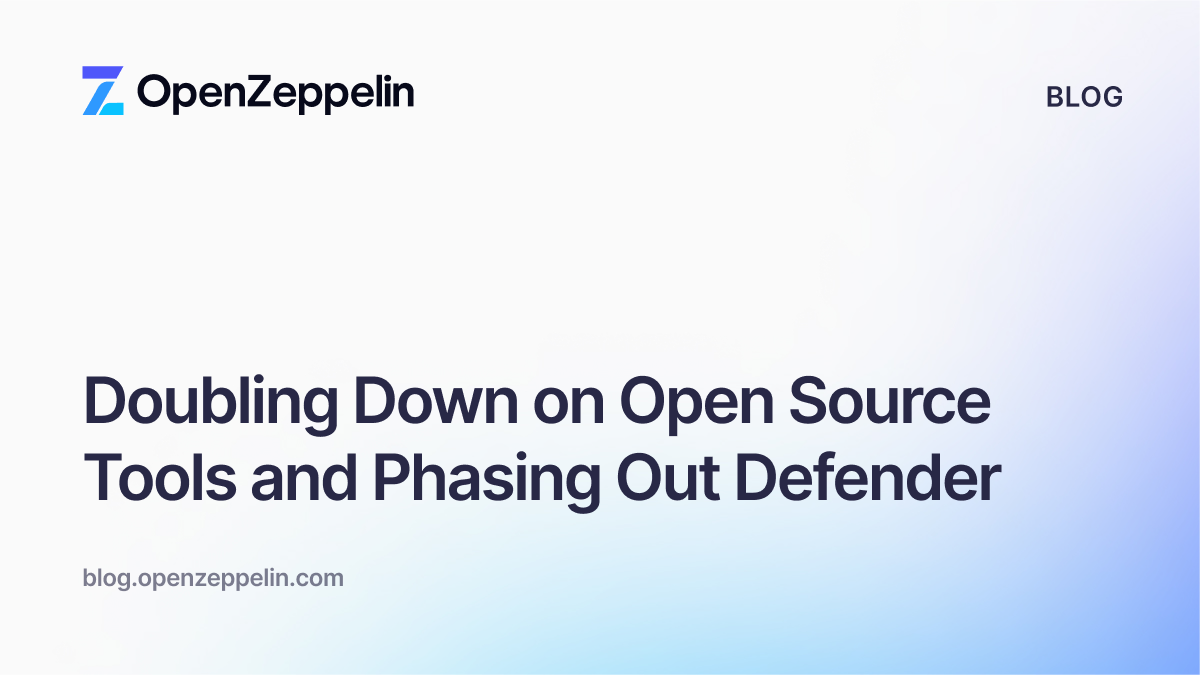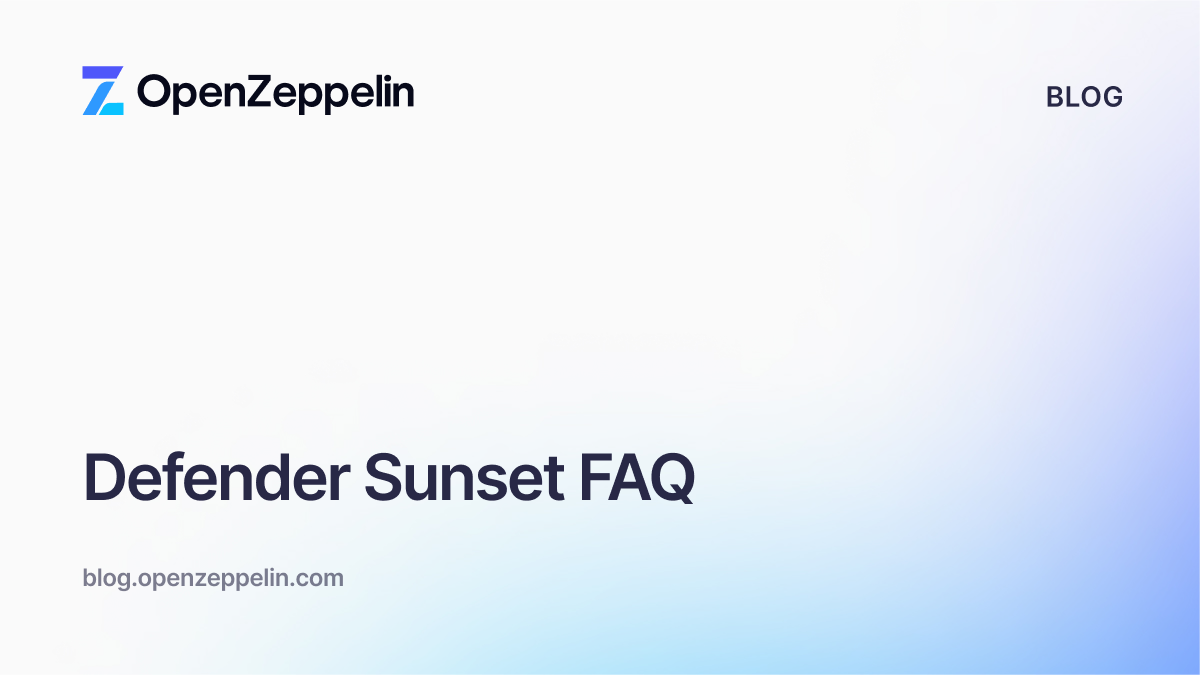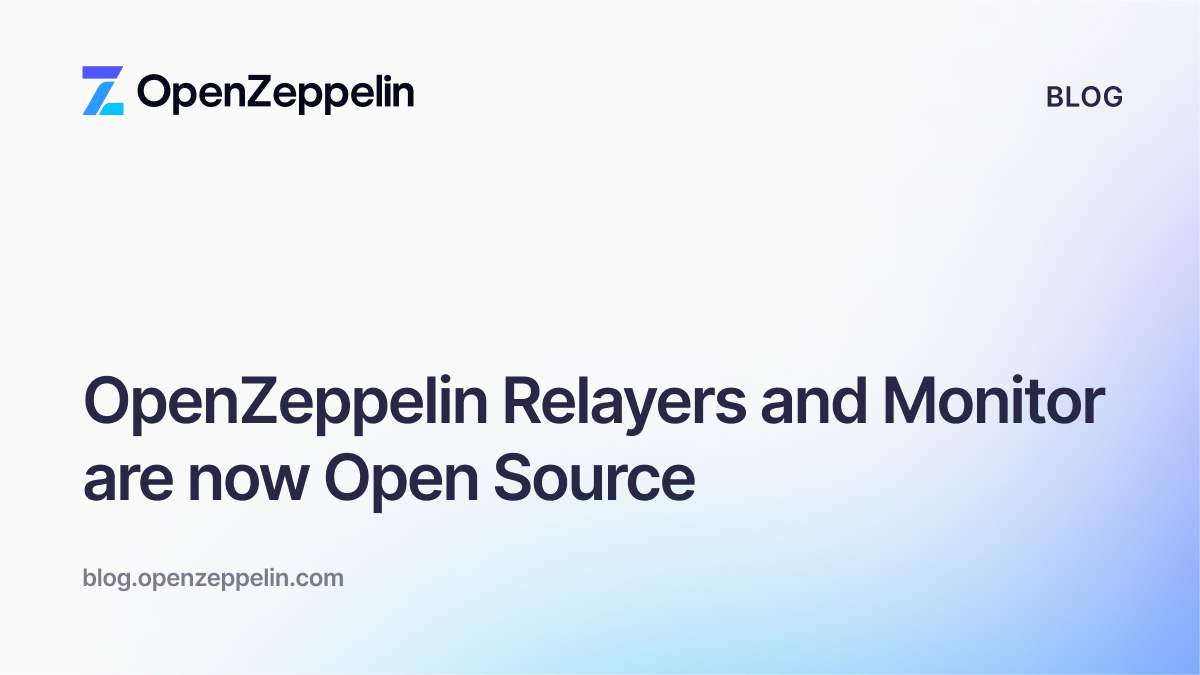Public token sales have successfully bootstrapped a growing number of blockchain projects, including major platforms such as Ethereum. This new fundraising method has helped dozens of projects raise nearly $2 billion this year, giving token holders ground-floor access to the growth of new networks.
In the early days, blockchain projects used clever economics and incentives to bootstrap networks upon their release. Public token sales accelerated this process while providing development funds. This was especially valuable considering blockchain projects were still in their infancy and investors considered them too risky to invest. With few traditional funding avenues available, many projects turned to the public, offering them a way to directly benefit from the network’s growth.
Public crowdsales have served the blockchain industry well, allowing projects like Ethereum, Augur and Brave to seed their initial infrastructure with funding from network participants, and in doing so they became the de facto standard fundraising mechanism for blockchain projects. Still, there are some disadvantages to the crowdsale model, including:
- Legal — The regulatory environment of public sales is still unclear.
- Resources — Projects must divert valuable resources and focus to handle the communication requirements and scrutiny of being a public company.
- Flexibility — With the public as a major stakeholder, projects may find it more difficult to make major shifts in their business model or offering.
- Incentives — There are fewer mechanisms to ensure accountability between parties.
- Costs — Crowdsales have become a very expensive endeavor, ranging from $300k to $800k at the time of writing
Fortunately, new funding options are becoming available as the blockchain industry matures, many of which counter the disadvantages of a public sale.
Private Sales
In his post Analyzing Token Sale Models, Vitalik Buterin explored several token sale options, including hybrid capped sales, reverse dutch auctions, Vickrey auctions, and proportional refunds. Many mechanisms can help ensure a healthy, successful token sale, but for some projects, the most effective option to jumpstart development may be to pursue a private sale.
Private sales offer some valuable advantages over crowdsales:
Qualified investors
Private sales better allow projects to strategically choose each funder. The entire funding base can be made up of qualified investors with experience or connections in relevant industries. This creates an investor base that is knowledgeable about the space and the prospective network’s use-cases, leveraging more than just their capital.
Operational efficiency
Any kind of public sale makes your project the equivalent of a public company, often increasing regulatory and legal risks. When companies go public they tend to have hundreds of employees to handle the increased overheads that arise, which is not the case for young companies. A private sale with known individuals greatly reduces complexity and operational risk.
Funding flexibility
A private sale can provide enough funding to develop underlying tech prior to approaching the public for funding. This gives development teams time to position each project for long-term success, rather than answering to short-term demands or expectations. Teams also gain flexibility, pivoting the value proposition around ongoing developments rather than a public commitment to deliver on a narrow promise.
For example, 0x was founded in 2016, launching an alpha version of its protocol in early 2017. The project then closed a seed funding round to finish v1.0 of the protocol prior to the token sale. They used the 0x platform to power the sale, proving the state of their technology.
Traditional fundraising
While the cryptoassets market is still in its infancy, other financial markets have been maturing for centuries, providing fundraising tools that can be implemented into token sale structures. For example, SAFEs (Simple Agreement for Future Equity) have been used to fund traditional startups for a few years now. A SAFE entitles investors to shares in a company, typically when an equity round is completed or a liquidity event is achieved.
Several blockchain projects have adapted SAFEs for token use by creating SAFTs (Simple Agreement for Future Token). SAFTs give projects increased flexibility given that incentives for both investors and developers can be better aligned.
Next steps for zeppelin_os
Many in our community have asked whether we’re conducting a crowdsale for our newest project, zeppelin_os. We have decided against it for the time being for the reasons explained in this post. We’ll provide a different mechanism to ensure that our community and the projects that want to build on zeppelin_os have access to the ZEP tokens they need. We’ll be releasing more information about it over the next few months.


